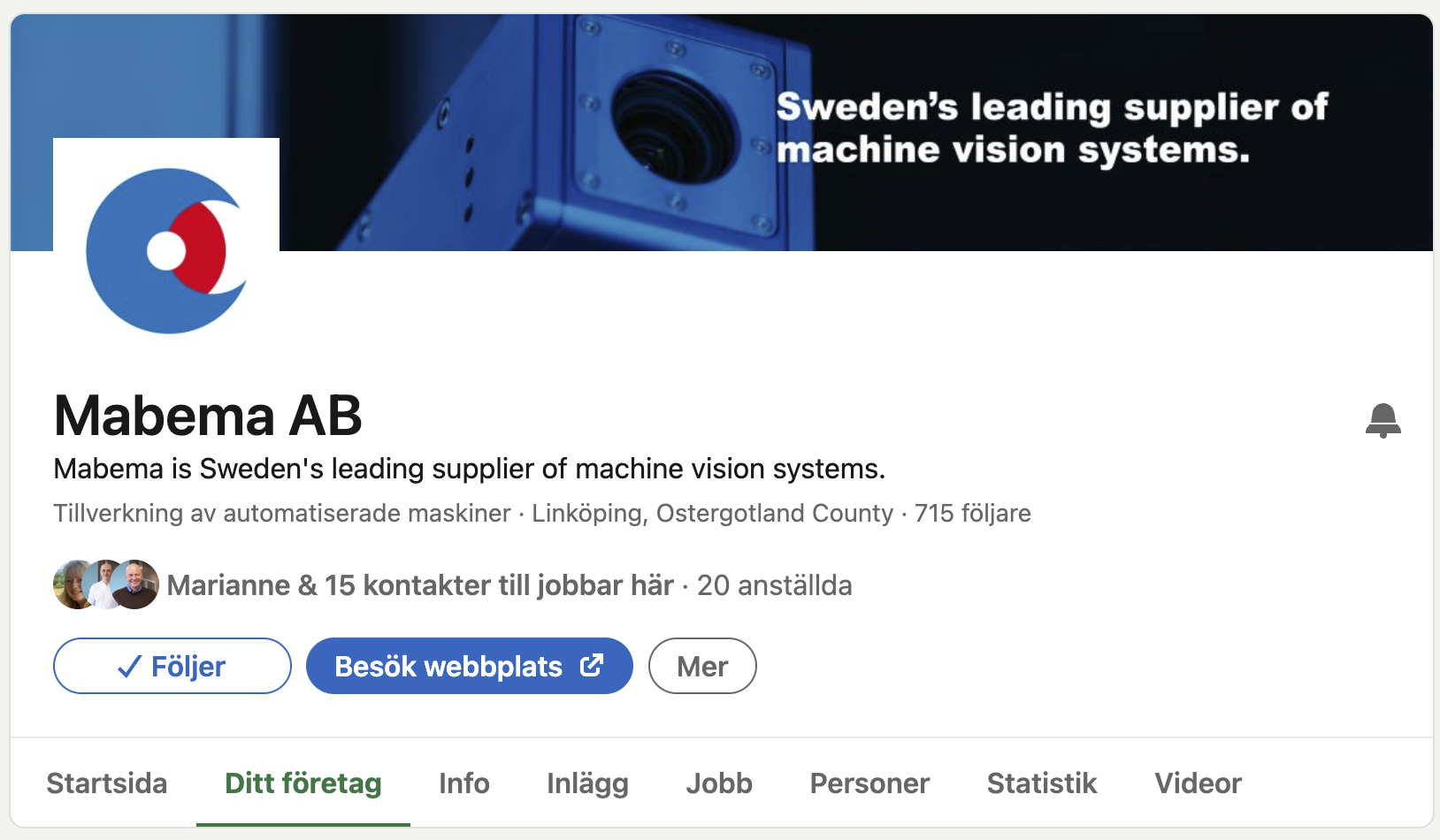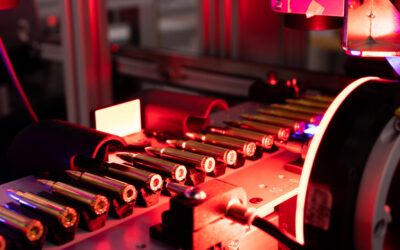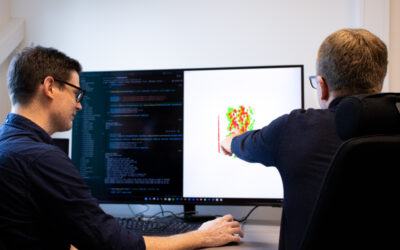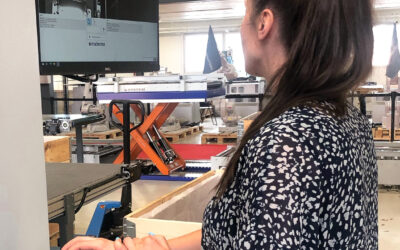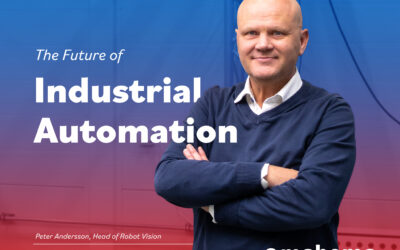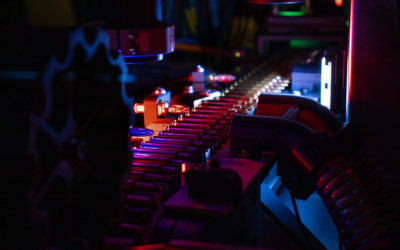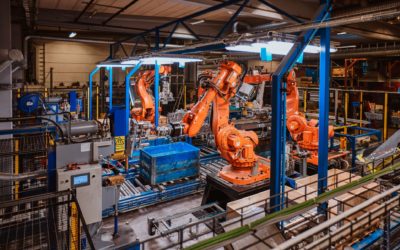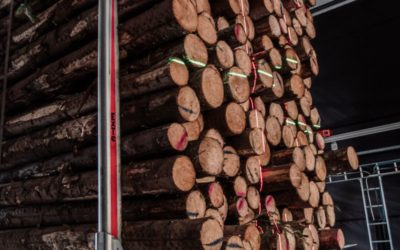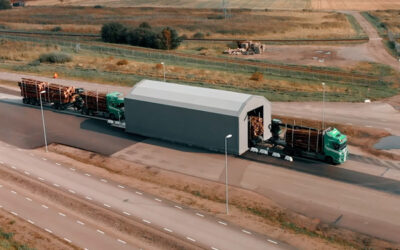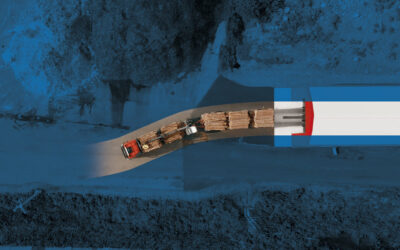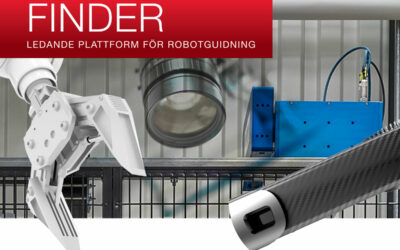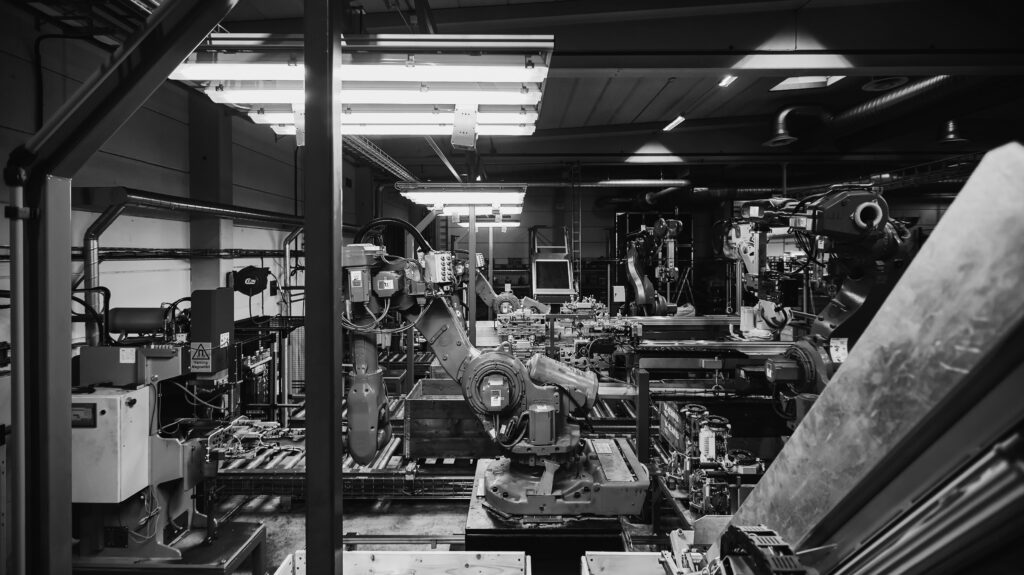
Artificial Intelligence (AI) has become a buzzword in almost every industry, including manufacturing. With the potential to improve efficiency, reduce costs, and enhance product quality, it’s no wonder that more and more industrial companies are investing in AI. And, as AI continues to evolve, it is evident that the manufacturing industry will continue to undergo significant changes. However, is AI really a game-changer?
Given the potential to increase efficiency, reduce costs, and improve product quality it is not surprising that more and more industrial companies are realizing that AI is, in fact, the future. In addition, according to a 2023 study conducted by Deloitte1, companies that have invested in emerging technologies were able to adapt better to the challenges brought on by the COVID-19 pandemic.
Artificial Intelligence (AI) has already begun to revolutionize the manufacturing industry in various ways. For machine vision purposes the development of AI, and particularly deep learning, has progressed rapidly over the last few years. Several machine vision software suppliers now have their own deep learning implementation, either as stand-alone software or as a supplement to their standard machine vision software. Meanwhile, there has also been a significant improvement of development environments, such as Google’s Tensorflow. Even though AI has been used within machine vision for some years now, many possibilities are yet to be explored.
When AI Meets Machine Vision
“Initially, we hoped that AI would be the solution to all of our problems.”, says Anders Wiklund, Business Area Manager at Mabema. We have followed the development of AI for machine vision purposes for a long time and about five years ago, we decided to really try to adopt and use the technique. Although the expectations were rather high due to some good demonstrations and tests, we did not really know what to expect.
Despite the fact that we have worked on some projects solely based on AI technology, the majority of machine vision systems we deliver to our customers uses traditional machine vision technologies only or with AI as supplement. Our machine vision systems are, among other things, used for classification, quality control and text reading in various industries such as food, automotive, and construction. For us, some of the biggest challenges, when it comes to AI, have been extensive annotation and establishing effective communication between our machine vision systems and the Python-based AI systems.
“We are always looking to solve our customers’ problems in the most efficient way possible and in some projects, traditional machine vision technology has worked better than AI.”, says Anders.
Navigating the Future of AI
During the last five years we have explored the many possibilities of using AI in machine vision. Now, we have decided to further strengthen our team with a new AI-expert, Micael Karlberg. He has both worked and did his postdoctoral degree within the field of AI and machine vision.
Micael sees the future with AI as a bit overwhelming. As technology evolves, one could say that we find ourselves in different technological eras.
”I’m not sure where we are on that journey, whether we’re at the beginning, in the middle, or at the end. If we’re at the beginning, a lot of things will change in the future.”, says Micael. He believes the development of AI relies on implementation and application, but that theories and principles will essentially be the same.
Considering the progress that AI has made in recent years, we at Mabema are confident that we will continue to use AI in our solutions. We look forward to further exploring how we can implement AI to become even better suppliers of state-of-the-art machine vision solutions. However, we do not expect to completely replace traditional machine vision technology with AI, but rather to use it as a complement to an even greater extent.
So, while AI may not be the answer to all problems, it does have great potential to be a game-changer.
